God, what a title. The Gathered Leaves. It sounds like a tremulous weepie about grief and endurance with a closing scene featuring three anvil-faced spinsters staring through the rectory window at an autumn bonfire. It’s not quite like that.
The play opens with some clumsy exposition revealing the political chronology. It’s Easter, 1997, and Labour’s shiny-fanged messiah is about to evict the Brixton mule from Downing Street. We meet the Pennington family, a high Tory clan nestling in a frondy corner of the Thames Valley, who are eager to heal an ancient rift. Their estranged daughter and her mixed-race sprog have been skulking in France for the past 17 years. They’re coming back. But when they return to the bosom of the family they get the bazooka. Grumpy old William, outraged that the arrivals have delayed his supper, blasts them with a spurt of ice-cold rage. It’s a horrible and fascinating start.
The play evolves into a masterful portrait of sophisticated posh folk coping with an interlocking series of crises. Horrid old William (played by Clive Francis) softens up a bit and manages to bond with his granddaughter over a litre of single malt. Adult siblings, Emily and Simon, bicker and peck at each other like an elderly married couple. Matriarchal Olivia (Jane Asher) watches over her sparring brood with a taut, weary smile. What raises the melodrama above the commonplace is the relationship between the middle-aged brothers.
Giles is a sleek but unhappily married doctor whose role in the family is to defend and protect his autistic brother. Samuel has a sky-high IQ and a puppyish, saintly personality. His interests are childishly random. He immerses himself in novels for hours on end and he loves to observe and collect ladybirds which he exhibits to passers-by with an explanatory lecture about their breeding habits. He’s like a grown-up baby, incapable of lying, and unaffected by psychological calculation. His company and his conversation are entirely weaponless so he becomes a haven for the troubled adults who seek him out as a restful alternative to their world of tiffs, battles, plots and alliances.
Writer Andrew Keatley draws this border-line genius with great skill and he avoids the smallest hint of preachiness or sentimentality. Nick Sampson plays the man-child with irresistibly geeky charm. The show’s only fault is that it’s designed as a TV script with a great clomping caravan of scenes bumping nose to tail against each other. The theatre prefers a smoother, more integrated structure. That said, the script could become a film without too many changes. And it wouldn’t be hard to find the money since the luvvie playing Samuel would be guaranteed a nomination for best actor. Hollywood can’t resist a posh Brit battling disability. Some have tipped the show for the West End but I suspect the backers will opt for a stately progress around the Home Counties first to test box-office demand. Suitcases out, chaps. Travelodge beckons.
Richard II is the tragedy of a man in the wrong job. Richard would have made a fine, if unremarkable monarch in an era of peace and plenty, but his misfortune was to rule at a time of war and want. The play has an exceptionally wide emotional palette. It’s savage, brutal and tragic, but also sweet, winsome and funny, with moments of pure slapstick. Amazingly, all these moods and registers are encompassed within the title character, so playing Richard is a matter of percentages. Most actors can get some of it. None can get all of it. Charles Edwards is a light-comedy specialist and he gives the king a chat-show air as he gads about in a gold, ankle-length kaftan and lounges on his throne snapping cheerfully at his noblemen. Even when he attains the heights of majesty he sounds a bit Graham Norton. ‘I was not born to sue but to command,’ he winks, as if it were a one-liner.
He’s at his best during the tragicomic submission scene where the king gives up and then retracts the crown. The rhythm of the lines make it unfailingly funny and Edwards delivers the goods here. He’s well supported by a cold, brooding David Sturzaker who brings a hint of Jack Nicholson to the thankless role of Bolingbroke.
As the tragedy deepens Edwards seems less in tune with the character. He captures the sadness of the broken king but he gives us melancholy without grandeur, nightfall without mystery. If you buy tickets arrive on time or you’ll miss an outstanding John of Gaunt. William Gaunt (no relation) has one of those rich, smoky, claret-steeped voices that steal up on actors in their mellower years. If the oboe had a mating call it would sound like this.
Got something to add? Join the discussion and comment below.
Get 10 issues for just $10
Subscribe to The Spectator Australia today for the next 10 magazine issues, plus full online access, for just $10.
You might disagree with half of it, but you’ll enjoy reading all of it. Try your first month for free, then just $2 a week for the remainder of your first year.

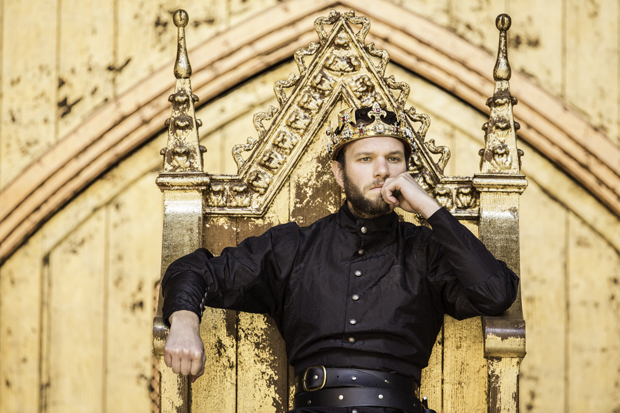


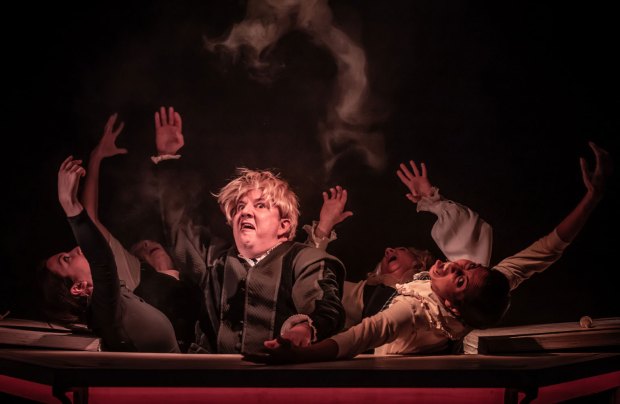
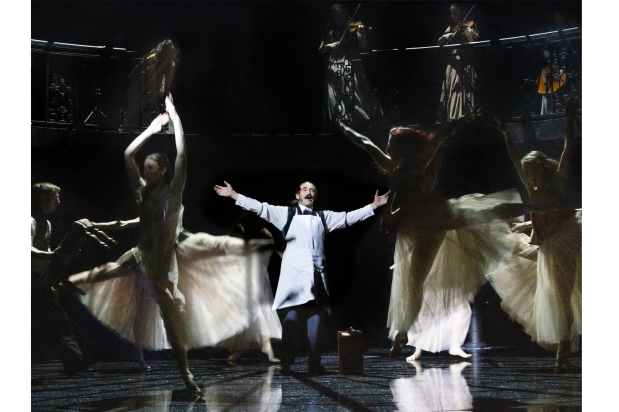
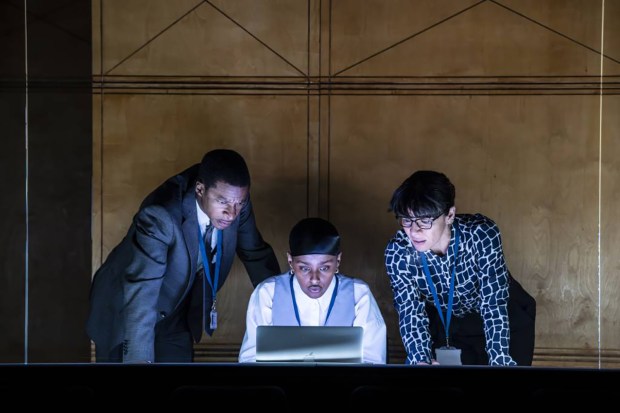
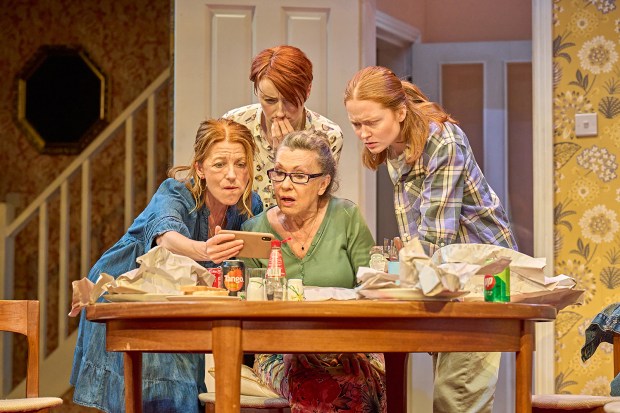






Comments
Don't miss out
Join the conversation with other Spectator Australia readers. Subscribe to leave a comment.
SUBSCRIBEAlready a subscriber? Log in